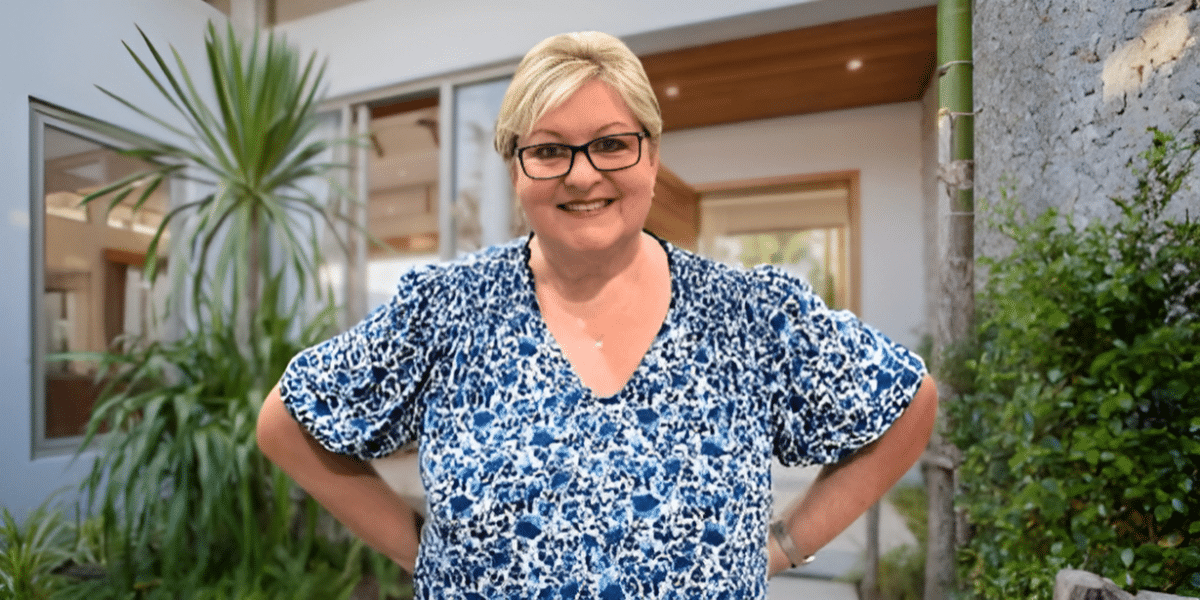The past several years have been an exciting time in the fields of neuroscience and brain-computer interface (BCI) technology, with numerous advances that are likely to have a profound impact on human life in the future. Just a couple of decades ago, people controlling a computer with just their brain was in the realm of science fiction. But today, it is very much reality.
One of the pioneers in BCI technology is Dr Christoph Guger, Co-Founder and CEO of g.tec medical engineering GmbH, headquartered in Schiedlberg, Austria. Guger’s involvement with BCI technology began more than 25 years ago, when he was studying electrical engineering at Johns Hopkins University in the US. He was informed about a professor at the Graz University of Technology (TU Graz), back in his home country of Austria, who was working on brain-computer interface technology. At the time, there were only three laboratories in the world doing significant research on BCI, and Guger returned to Austria to obtain his Master’s and PhD degrees at TU Graz, specializing in BCI.
As a PhD student, Guger built one of the first brain-computer interfaces that worked in real time. This machine analyzed electroencephalogram (EEG) patterns to move a cursor on a screen from the left to the right-hand side. After exhibiting it at various conferences, Guger’s work attracted a lot of attention, and he continued refining it.
In 1999, right after obtaining his doctorate degree, Guger co-founded g.tec medical engineering with Dr Günter Edlinger. After a few weeks, g.tec sold its first BCI system to one of the most prestigious universities in the UK. This was followed by a purchase by a research institute in South Korea.
Coming from an entrepreneurial family, Guger says he has dreamed of running his own company since childhood, although he wasn’t sure what kind of business it would be, at first. When he started studying electrical engineering, Guger’s interests lay in two areas: brain-computer interfaces and wind energy. Eventually, his interest in BCI won out, pursuing it in his studies and establishing g.tec, which has worked with universities of all sizes worldwide, as well as various automotive, aerospace, and military entities, and tech giants.
One aspect of g.tec’s research involves bio signal amplifiers in EEG modules with promising new applications for neuroscience research. Its non-invasive BCI technology reduces health risks by eliminating the need to open up the patient’s head. Around 10 years ago, g.tec began developing medical products, one of which is the recoveriX neurorehabilitation system. This system aids stroke and multiple sclerosis patients, and has been shown to produce positive effects even many years after a stroke, contrary to the common belief that improvement is no longer possible after one year.
The MindBEAGLE system allows assessment of coma patients, giveing physicians, family members or caregivers a broader knowledge of the patient’s perception and consciousness. It helps determine whether patients are able to understand what they are hearing, as well as allows them to answer Yes/No questions. Meanwhile, the cortiQ rapid cortical mapping system helps neurosurgeons during operations, highlighting which areas to avoid and helping prevent surgical complications.
g.tec has also expanded into the consumer segment, with the Unicorn Hybrid Black line. This BCI headset is made more affordable, targeting consumers in the maker space and software development industry. g.tec holds hackathon series, where developers, clinicians, artists, biomedical engineers, and other interested individuals meet over a weekend, and use the Unicorn Hybrid Black to develop new applications for BCI technology.
“It’s amazing to see how far BCI technology has come,” Guger says. “Twenty-five years ago, there were only three labs working on BCI, but now, there are hundreds, or even thousands of companies using it. Back then, we organized a BCI conference and only 30 people attended. This year, we organized a 10-day BCI spring school, and it gathered almost 16,000 attendees from more than 100 countries worldwide. This just shows how big the neurotech and neuroscience community grew in the past 25 years, and I’m incredibly excited to see how g.tec and the rest of the scientific community will take BCI forward in the next 25 years. We are looking to refine our technology and expand its applications in various fields, such as medicine, entertainment, and sports.”
BCI has grown leaps and bounds over the years and g.tec has been a huge part of such growth. With not only the company but the industry growing at such an astronomical rate, there is no telling what the future holds and no limits to the good such technology can do.










